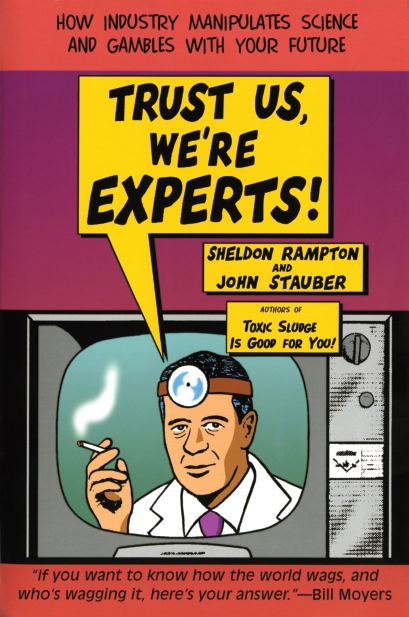Journalists’ Skepticism about PR Practices
Printed Page 374

In addition to the uncomfortable interdependence characterizing the journalism and PR professions, several specific complaints about PR from journalists have heightened the tension between the two groups. Specifically, some journalists maintain that PR professionals undermine the facts and block reporters’ access to information. Journalism’s most prevalent criticism of public relations is that it counters the truths reporters seek to bring to the public by selectively choosing which facts to communicate or by delivering deceptive information. To be sure, outright deception is unethical, and the PR profession has worked to eradicate it in its own ranks. But deciding which facts to present is something that journalists do, too. After all, a reporter cannot say everything about a particular event, so he or she must choose which information to include and which to leave out. Journalists have also objected that PR professionals block the press’s access to business leaders, political figures, and other newsworthy people. This blocking, reporters explain, can manipulate reporters by giving exclusives to those most likely to write a favorable story, or by cutting off a reporter’s access to a newsworthy figure if the reporter has written unfavorably about that client.
Others dislike the PR field’s tendency to present publicity as news. Journalists critical of the PR profession claim that PR thus takes media space and time away from organizations and individuals who do not have the money or sophistication required to attract the public eye. These critics also complain that by presenting client information in a journalistic context, PR gains credibility for its clients that the purchase of advertising does not offer.